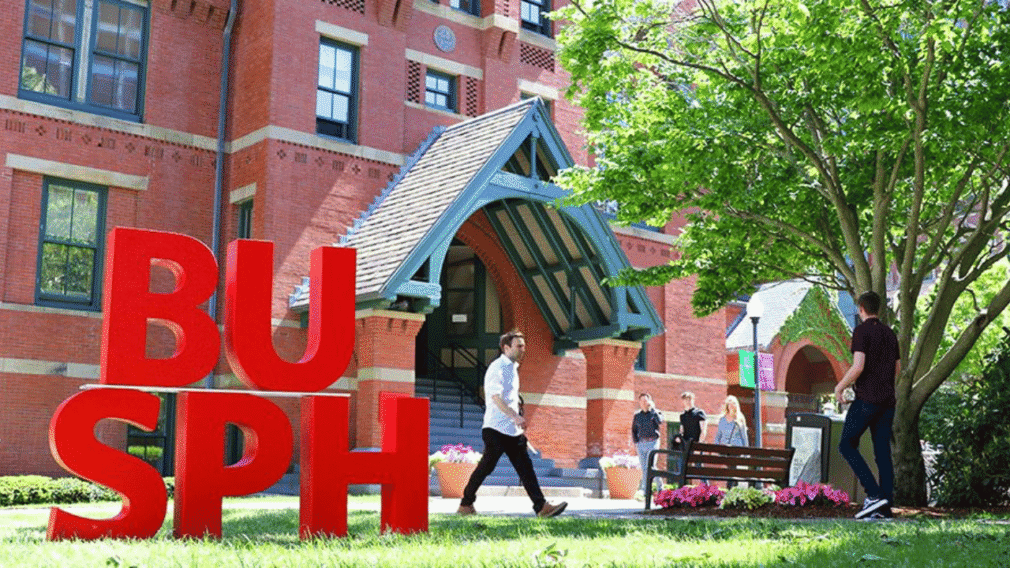Boston University Launches Major Study on Legalized Gambling Impact
The Massachusetts Gaming Commission (MGC) awarded a $2.5 million contract to researchers at Boston University’s School of Public Health (SPH) to conduct a comprehensive, three-year study on the social and economic consequences of legalized sports and casino gambling in Massachusetts.

The research, which began in 2025, aims to uncover the unintended consequences of legalized gaming, including the social and financial fallout from problem gambling. Findings will inform potential changes to state regulations and programs.
Research System Targets Key Gaming Areas
The MGC commissioned this large-scale project to gather evidence as the state’s gambling scene rapidly changes. Massachusetts legalized casino games in 2011 and approved retail and online sports betting in 2022.
The study focuses on three main subjects: the widespread use of sports betting applications (like DraftKings and FanDuel), the scale of problem gambling, and the impact of casinos on local communities.
The research is divided into six primary aims, designed to provide a holistic view of the system. This includes surveying up to 6,000 Massachusetts residents to measure attitudes, gaming behaviors, and the extent of problem gambling.
The team will also use the respected Healthy Minds Study data, which the MGC’s Director of Research, Mark Vander Linden, called an “exceptional value” for understanding college-age students.
College Students and Advertising Exposure
One key area of the study focuses on the vulnerability of college students, a known high-risk group. SPH researchers will analyze the connection between student gambling and their outcomes in mental health, social belonging, and academic performance, including the likelihood of graduating.
Sarah K. Lipson, an SPH Associate Professor, noted that this is a critical time of newfound independence for students who are now exposed to pervasive, accessible betting options.
Another aim targets the exposure to gambling advertisements. Researchers will measure how much residents see gambling ads across television, social media, and billboards. They will then evaluate the impact of these messages on problem gambling rates.
Primary Investigator Christopher J. Louis stressed the importance of tracking if the ads spill over and reach youth, asking, “You drive down I-93 and you see a DraftKings billboard. What does my 12-year-old recognize with that?”. Louis also cautioned that the rate of problem gambling is likely to go up due to the increased access people now have.
Economic and Financial Impact Analysis
The study dedicates several aims to assessing the economic effects on communities. This analysis will track the influence of gaming on employment, income, and spending, broken down by city and county. Specifically, researchers will investigate the impact of casinos on job numbers and wages at the county level, as well as on the revenue and spending of municipal governments.
Additionally, the project will explore the relationship between sports betting and the financial health and social needs of various groups. This includes non-gamblers, casual players, and those struggling with problem gambling. In the third year of the project, the Health Co-Lab plans to create a public dashboard to share the findings and evidence, making the research available to inform future policy.
Recommended
